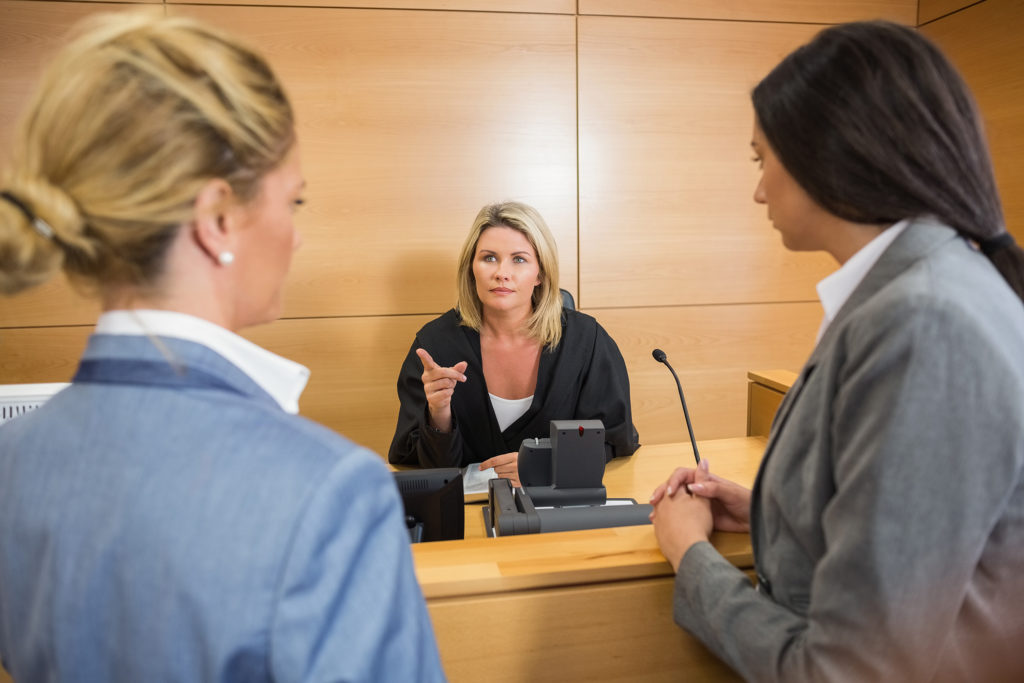Child Protective Services Cases
Corbett and Corbett LLP handles all types of CPS cases, whether the case is in the Investigation, Family Based Safety Services, or Conservatorship stage of service. We can help.
What Are CPS Cases
Child Protective Services (CPS) is the agency within the Texas Department of Family and Protective Services that protects neglected and abused children. When allegations of neglect or abuse of children reach CPS, they investigate and determine the truthfulness of these allegations. There are four determinations that CPS can reach:
- Reason to believe (RTB).This determination means CPS believes you neglected or abused your child.
- Unable to determine (UTD).This determination means CPS could not determine whether you neglected or abused your child.
- Unable to complete (UTC).This determination means CPS could not complete the investigation for some reason.
- Rule out (RO).This determination means CPS didn’t have enough evidence to substantiate the allegations.
If CPS makes a RTB determination for your case, they will take the actions they deem necessary to protect your child. Sometimes CPS’ determination is wrong, and subsequent CPS actions, therefore, violate the rights of parents. This is when our legal services are critical.

A CPS Investigation
A CPS investigation can be a frightening proposition. And for good reasons, because CPS has lots of power given it by the legislature including the power to remove your child from your home or even cause you to lose your parental rights. For these reasons and more, CPS investigations are very serious.
Once an allegation is made that you neglected or abused your school-age child, CPS often will go to your child’s school and interview him/her. Texas law allows CPS to interview your child at school without your knowledge or you being present during the interview. If the investigator contacts you first to inform you of the investigation then you can specify that you do not want your child interviewed at school. Rarely do they inform you of their intention to interview your child at school.
It would be best if you did not speak with the investigator or allow him/her in your home. Instead, retain our firm to speak on your behalf. Depending on the facts, we might arrange an interview with you and CPS, but if we do we will be present and advise you on how much information you should share with the investigator.
Retaining our firm is critical also because CPS has lawyers and CPS Investigations staff can request a CPS attorney to file a Motion to Investigate. We can fight this motion, but if the judge grants the motion, we will ask the judge to limit the investigation. When CPS files a Motion to Investigate, the parent rarely has to appear to court this hearing. We appear on your behalf.
Drug Tests
During an investigation, CPS routinely requests parents to submit to drug tests. You may refuse to submit to any drug tests CPS asks you to complete. However, the CPS attorney can ask the judge to order drug testing. With our law firm on your side, we’ll be present at the hearing to argue against drug testing, if appropriate. At a minimum, we’ll make sure CPS shows the court adequate evidence that drug use is causing neglect or abuse of the child. If the CPS attorney lacks this evidence, we may be able to convince the CPS attorney not to present the case before the judge.
Safety Plans
IF CPS asks you to sign a safety plan, we will be there to advise you on whether you should refuse to sign it. A safety plan is an agreement between you and CPS that dictates what you must do to reduce or eliminate specific threats to your child. We will advise you on potential consequences of not signing the safety plan and be with you to fight those consequences. We’ll be ready to fight any efforts of CPS to have your child placed out of your home and into foster care.
Family Based Safety Services (FBSS)
At the conclusion of a CPS investigation often the investigator and her supervisor may refer the case to Family Based Safety Services (FBSS). This unit provides the services it believes will stabilize and improve family functioning. We may have a different opinion about whether you need FBSS.
If we advise you to refuse FBSS, CPS can file a Motion to Participate before the judge. If the judge grants this motion, then you will be ordered to participate in FBSS, and the CPS caseworker will keep the court abreast of your progress.
Also, if the judge orders you to participate in FBSS, we’ll ask the judge to allow your child to remain at home. Otherwise, the judge may order CPS to place your child with relatives or someone else while you participate in FBSS. If so, we will fight to make CPS return your child back home after you complete the services.
Conservatorship
Another action CPS can take is to remove your child from your care and custody and seek a court order to become your child’s conservator. This means that CPS becomes legally responsible for the child’s well-being.
Additionally, at this stage of service CPS can request the judge to terminate your parental rights. Retaining our firm here is critical.
Conclusion
This very brief overview of a CPS investigation hopefully demonstrates your need for a licensed attorney representing you if CPS investigates you. If you are facing a CPS matter call us today.